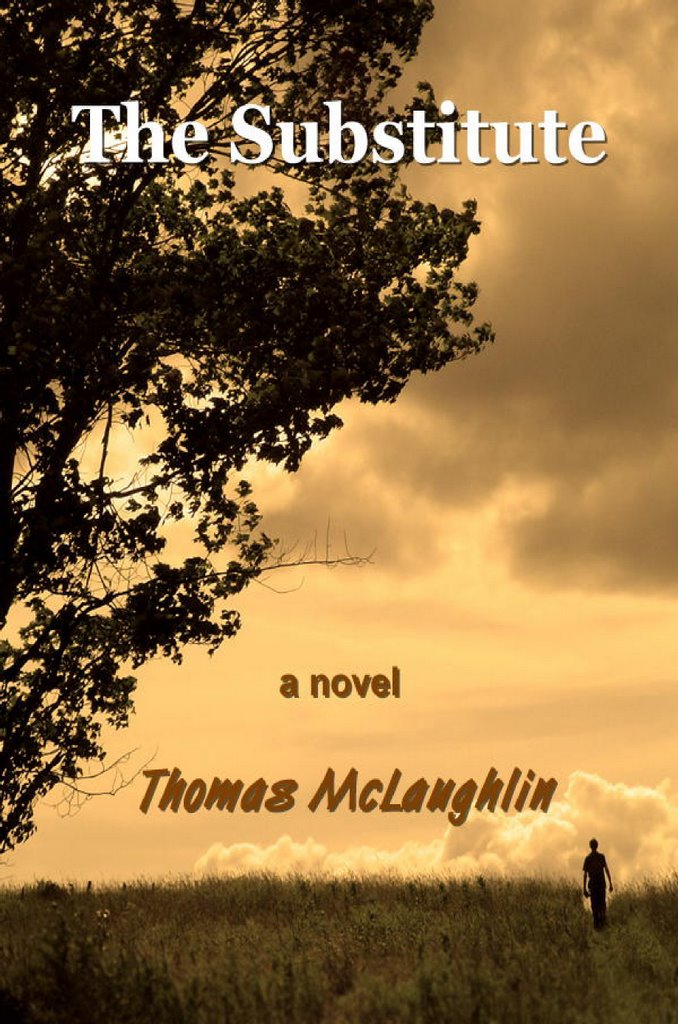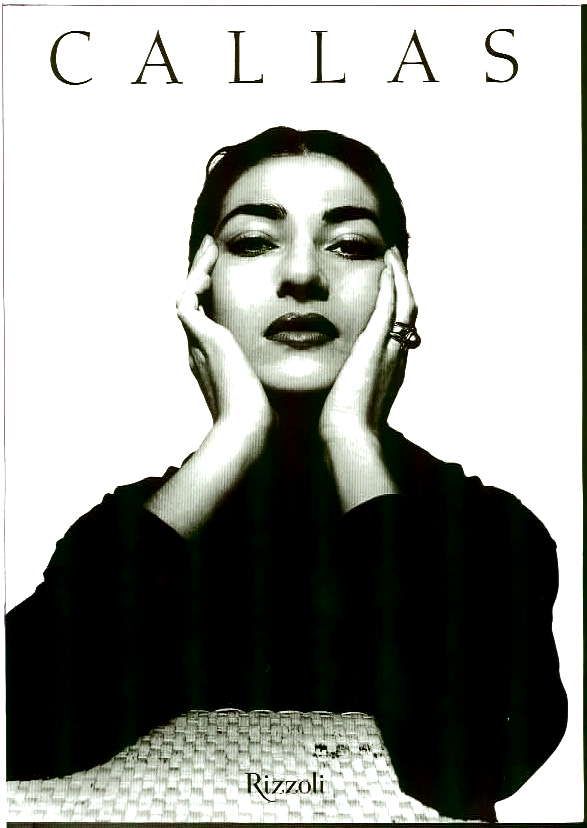[67] Whatever Happened To Private Grief?
I suppose it had to happen some time. In the county of Angus, in Scotland, a 21 year-old woman was killed on the main Dundee to Aberdeen road. What made this incident particularly tragic was the fact that the woman was killed while attempting to lay flowers at a roadside shrine dedicated to her late husband who had lost his life a few months earlier when his car left the same stretch of road and slammed into a tree. The shrine had been built by the woman in memory of her husband and she drove there regularly to lay fresh flowers at the foot of the makeshift wooden cross.
Whilst I have every sympathy with those who lose friends and family in such tragic circumstances, I really think the time has come for these roadside shrines to be made illegal, if only to avoid further danger to family members who regularly stop to pay their respects, only yards from speeding cars and trucks.
Australia has a large number of these roadside tributes. Some of them are beautifully built with crosses adorned with flowers and hand-written messages from grieving family and friends. When I first came to Australia and shared the driving with my wife and we travelled for days on end, I must have counted at least fifty such roadside shrines.
Apart from the obvious dangers, as evidenced by the double-tragedy in Scotland, I actually began to find myself resenting the fact that I was, as a road user, being unwittingly forced to share in the grief of people I do not know and will never meet. To my mind, grief should be a private affair. Again, as a road user, I do not want to be constantly reminded that someone has lost his or her life on a part of the road where I am passing. Of course people do die on our roads, but I fail to see why I and other drivers and passengers should have the fact that someone died at a particular spot constantly rammed down our throats by people who really should grieve in private.
Back in Scotland, I walked my daily ten minutes to the train station only to find it had been closed due to a dead body having been discovered overnight in the gents toilet. Of course I was sympathetic and considered the inconvenience of my having to find an alternative route to work as nothing compared to someone’s tragic death and a family’s grief. Later I was told that the young man had died of a heroin overdose after he had locked himself in one of the cubicles in order to shoot-up in peace. Again, I was entirely sympathetic. What I certainly did not like was that for the next week or so, the station entrance was adorned with all manner of wreaths and floral tributes, as well as football shirts and scarves and sundry personal items. To get to our trains we, as commuters, were forced to endure this sickening display of public grief, as if we were all partly to blame and were thereby condemned to partake of the grieving process, without having any choice in the matter.
In Glasgow, I have seen newspaper reports and photographs of similar colourful tributes erected in memory of young men who have been killed in gang fights.
It is surely time for the general public to be spared from having to witness these cloying displays. Too many people nowadays think they have a right to force their grief on the world at large, as if to show the rest of us how much they are suffering. Whether it be a road accident, a drugs overdose, or a gangland slaying, let them grieve in private and in peace. It was enough for me to know that a poor, unfortunate young man had died of a drugs overdose. I did not require to see his picture on my way to work for the next two weeks and be told by people I do not know how much they loved and missed their son, friend, brother, whom I never met.
If I know the deceased, I will know about his/her demise and will decide whether or not to pay my respects. If I see a funeral cortege passing in the street on the way to a burial or cremation, I will silently pay my respects in my own way. I do not expect to have to pay my respects every day for the next week or two while trying to go about my normal daily business.
Whilst I have every sympathy with those who lose friends and family in such tragic circumstances, I really think the time has come for these roadside shrines to be made illegal, if only to avoid further danger to family members who regularly stop to pay their respects, only yards from speeding cars and trucks.
Australia has a large number of these roadside tributes. Some of them are beautifully built with crosses adorned with flowers and hand-written messages from grieving family and friends. When I first came to Australia and shared the driving with my wife and we travelled for days on end, I must have counted at least fifty such roadside shrines.
Apart from the obvious dangers, as evidenced by the double-tragedy in Scotland, I actually began to find myself resenting the fact that I was, as a road user, being unwittingly forced to share in the grief of people I do not know and will never meet. To my mind, grief should be a private affair. Again, as a road user, I do not want to be constantly reminded that someone has lost his or her life on a part of the road where I am passing. Of course people do die on our roads, but I fail to see why I and other drivers and passengers should have the fact that someone died at a particular spot constantly rammed down our throats by people who really should grieve in private.
Back in Scotland, I walked my daily ten minutes to the train station only to find it had been closed due to a dead body having been discovered overnight in the gents toilet. Of course I was sympathetic and considered the inconvenience of my having to find an alternative route to work as nothing compared to someone’s tragic death and a family’s grief. Later I was told that the young man had died of a heroin overdose after he had locked himself in one of the cubicles in order to shoot-up in peace. Again, I was entirely sympathetic. What I certainly did not like was that for the next week or so, the station entrance was adorned with all manner of wreaths and floral tributes, as well as football shirts and scarves and sundry personal items. To get to our trains we, as commuters, were forced to endure this sickening display of public grief, as if we were all partly to blame and were thereby condemned to partake of the grieving process, without having any choice in the matter.
In Glasgow, I have seen newspaper reports and photographs of similar colourful tributes erected in memory of young men who have been killed in gang fights.
It is surely time for the general public to be spared from having to witness these cloying displays. Too many people nowadays think they have a right to force their grief on the world at large, as if to show the rest of us how much they are suffering. Whether it be a road accident, a drugs overdose, or a gangland slaying, let them grieve in private and in peace. It was enough for me to know that a poor, unfortunate young man had died of a drugs overdose. I did not require to see his picture on my way to work for the next two weeks and be told by people I do not know how much they loved and missed their son, friend, brother, whom I never met.
If I know the deceased, I will know about his/her demise and will decide whether or not to pay my respects. If I see a funeral cortege passing in the street on the way to a burial or cremation, I will silently pay my respects in my own way. I do not expect to have to pay my respects every day for the next week or two while trying to go about my normal daily business.














 Lend me fifty bucks
Lend me fifty bucks



0 Comments:
Post a Comment
<< Home